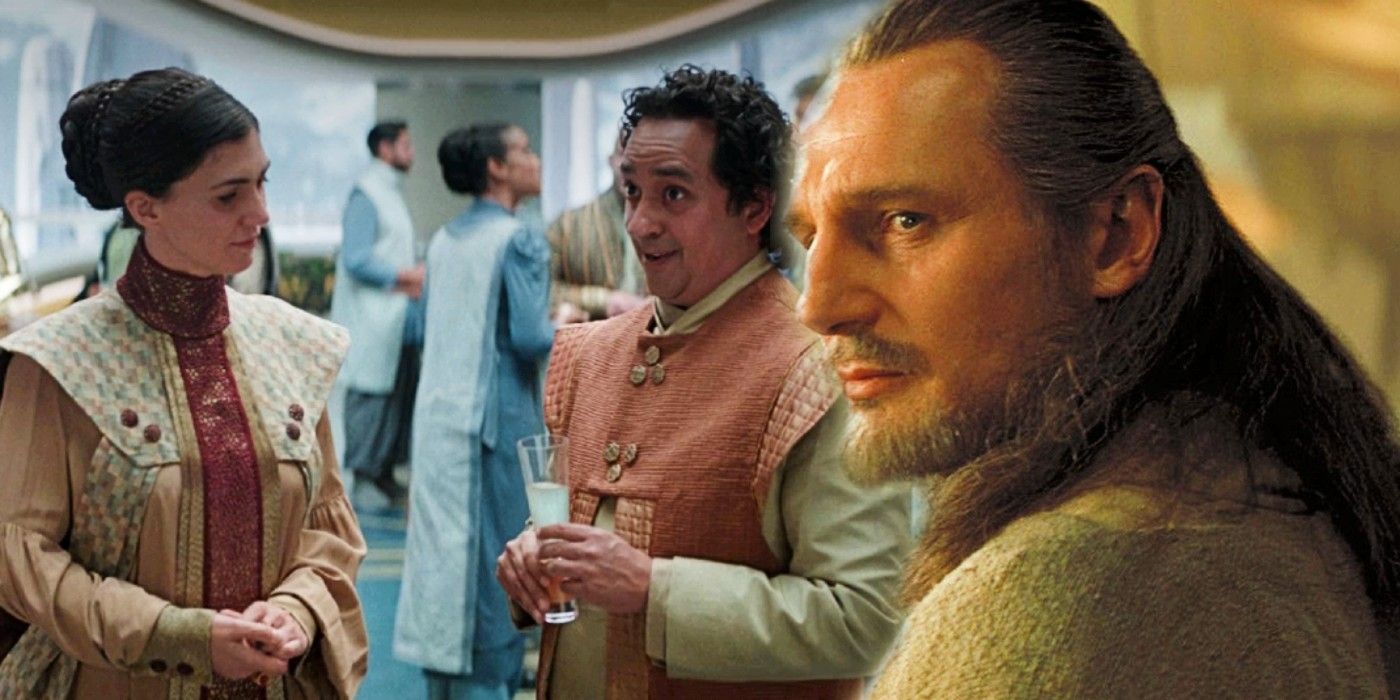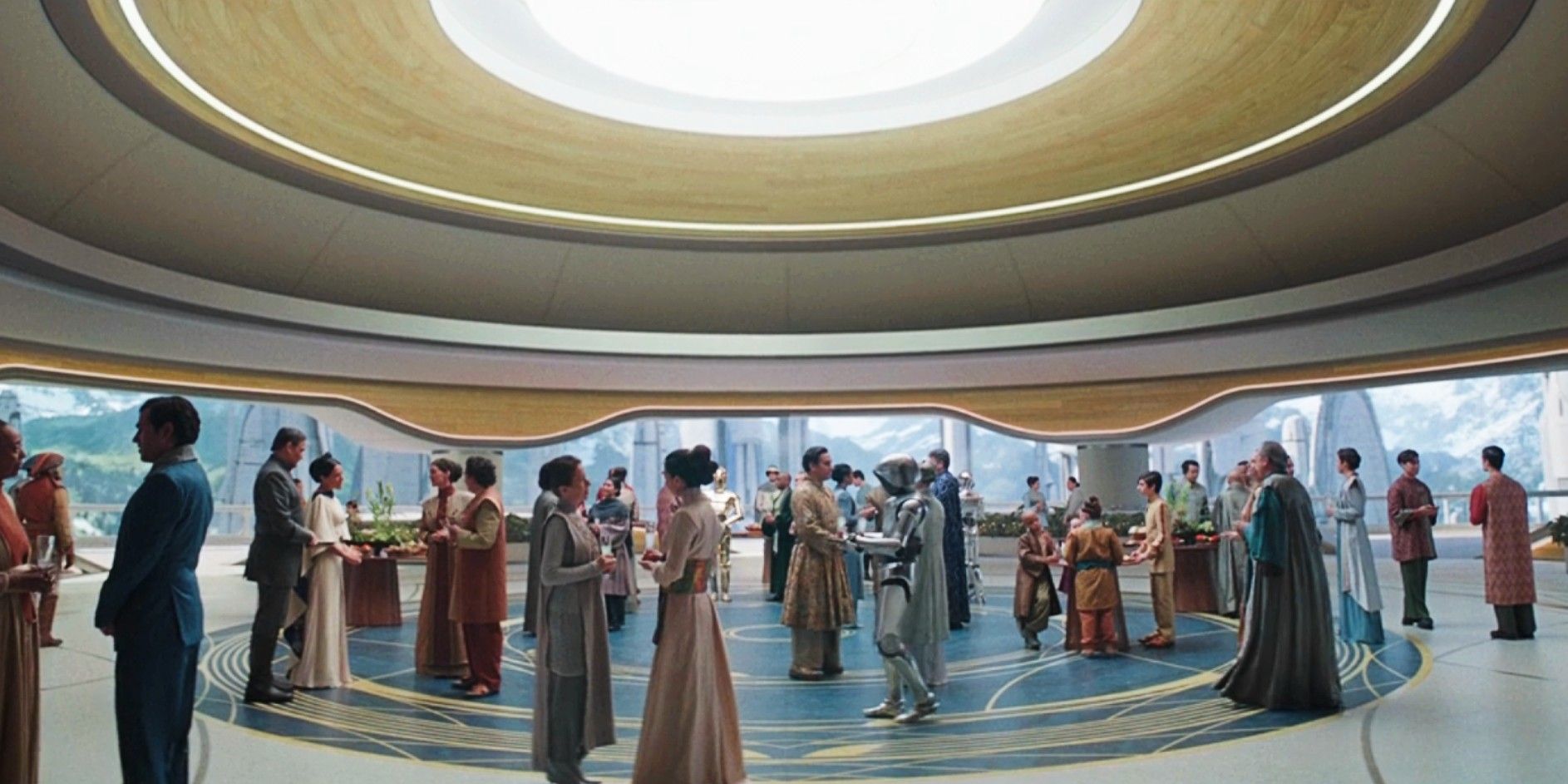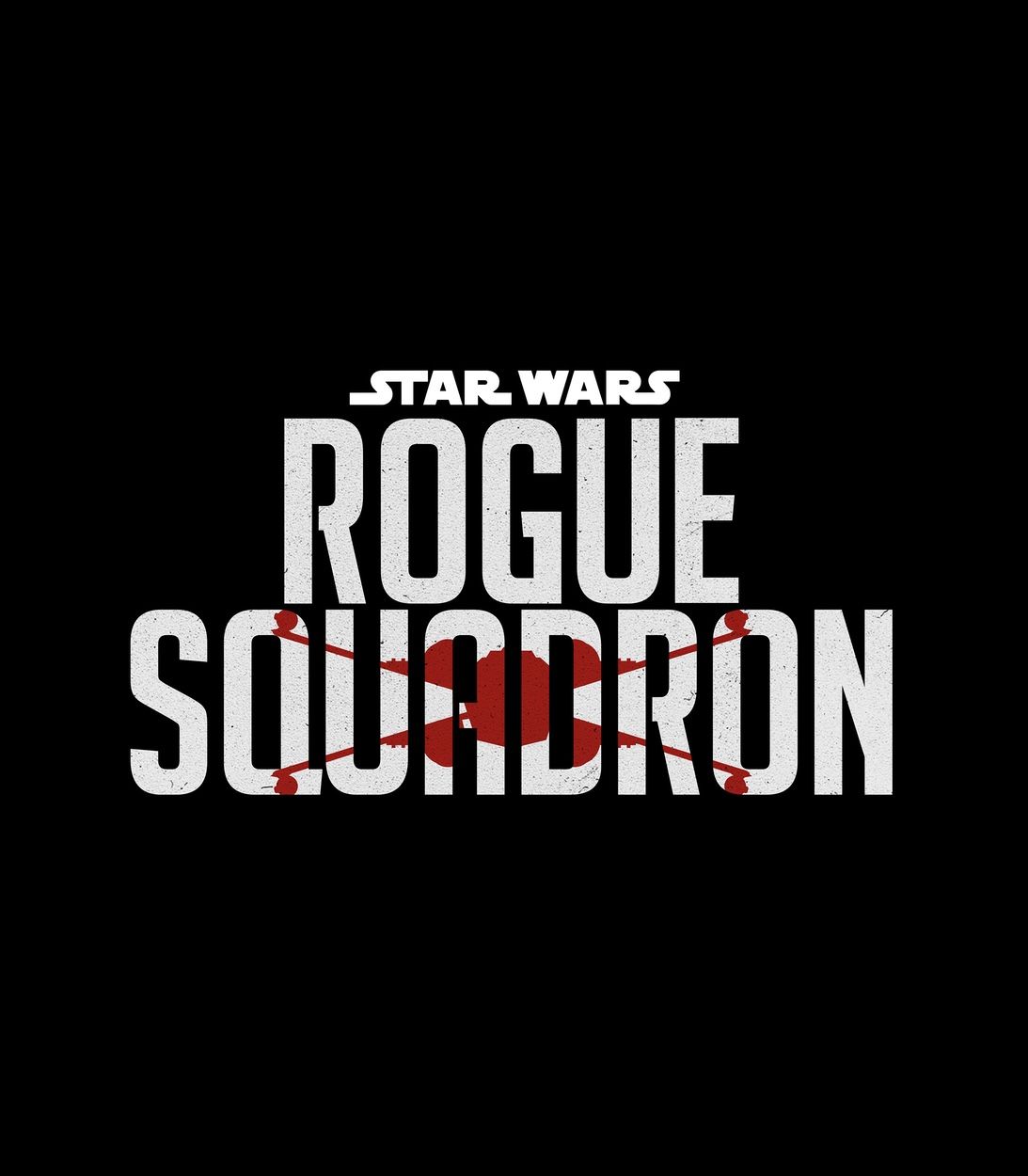Warning: contains SPOILERS for episode 1 of Obi-Wan Kenobi.
One memorable Qui-Gon Jinn (Liam Neeson) quote is given a callback in an Obi-Wan Kenobi joke, which feels weird given the weight the line carried in Star Wars: Episode I - The Phantom Menace. Qui-Gon Jinn was pragmatic and mission-focused, knowing where his resources and abilities realistically extended when helping others even if it pained him. When landing on Tatooine to fix his ship, he met a young Anakin Skywalker (Jake Lloyd), who eventually asked Qui-Gon if he was on Star Wars' Tatooine to free the slaves. Qui-Gon explained he wasn't, but the admission clearly affected him. Still, Qui-Gon reaffirmed it later to Anakin's mother Shmi (Pernilla August) by explicitly stating, "I didn't actually come here to free slaves."
In Obi-Wan Kenobi's episode 1, the Organas are hosting a party with their extended family. Leia's (Vivien Lyra Blair) parents have a conversation with her uncle, Duke Kayo Organa (Gabe Fonesca), about the advantages and consequences of the Galactic Empire. Leia's father Bail (Jimmy Smits) remarks that "There are still some issues that we need to address. Slave labor, taxation on the Outer Rim..." Kayo, meanwhile, laughs this off, dismissively saying, "I didn't come here to end slavery, Bail. I came to eat your food. Save the bleeding heart for the Senate."
The response rides the line between being a callback and blatant fan service (albeit not the worst instance of Star Wars fan service compared to Chewbacca's medal). While Kayo's comment expresses how indifferent he is to the issues Bail brings up by brushing him off, explicitly referring to slavery in the way that he does is an obvious reference to Qui-Gon Jinn's quote. Callbacks, Easter eggs, and even a little fan service in Obi-Wan Kenobi aren't the issue, as that's expected and even entertaining if done correctly. However, making the reference in Obi-Wan Kenobi a flippant joke feels tacky when considering the weight Qui-Gon's quote had in Phantom Menace.
Still, Kayo's dismissal of slavery, while tacky, serves to starkly illustrate the difference between the noble Qui-Gon Jinn and the spoiled rulers of the Empire like Kayo. Part of what made Qui-Gon's slavery quote memorable was the insight it provided into his character and mission. Qui-Gon Jinn's desire to free Tatooine's slaves was understandable, for such a mission aligns with the Jedi Code in maintaining peace and harmony in the galaxy. What stopped him from doing so was his priority to bring Queen Amidala (Natalie Portman) to Coruscant, among other factors like the Living Force's influence and the difficult-enough nature of just freeing Anakin. But it was clear by Qui-Gon's delivery of the line that he would have freed Tatooine's slaves if only he could have.
Despite the shaky execution of this one Phantom Menace callback quote, Obi-Wan Kenobi overall manages to embed its Star Wars references quite wisely. Hayden Christensen's Vader appearance in Obi-Wan Kenobi at the end of episode 2, for example, serves to both drive viewer anticipation and build up Vader's importance in the show. Other well-done Star Wars references include Kenobi's Order 66 opening scene and Obi-Wan's nightmare consisting of flashbacks taken from the prequels. Obi-Wan Kenobi is effectively managing to tell a compelling Star Wars story that provides new information about familiar characters, and its next episodes are promising.
Obi-Wan Kenobi continues Wednesday on Disney+.



